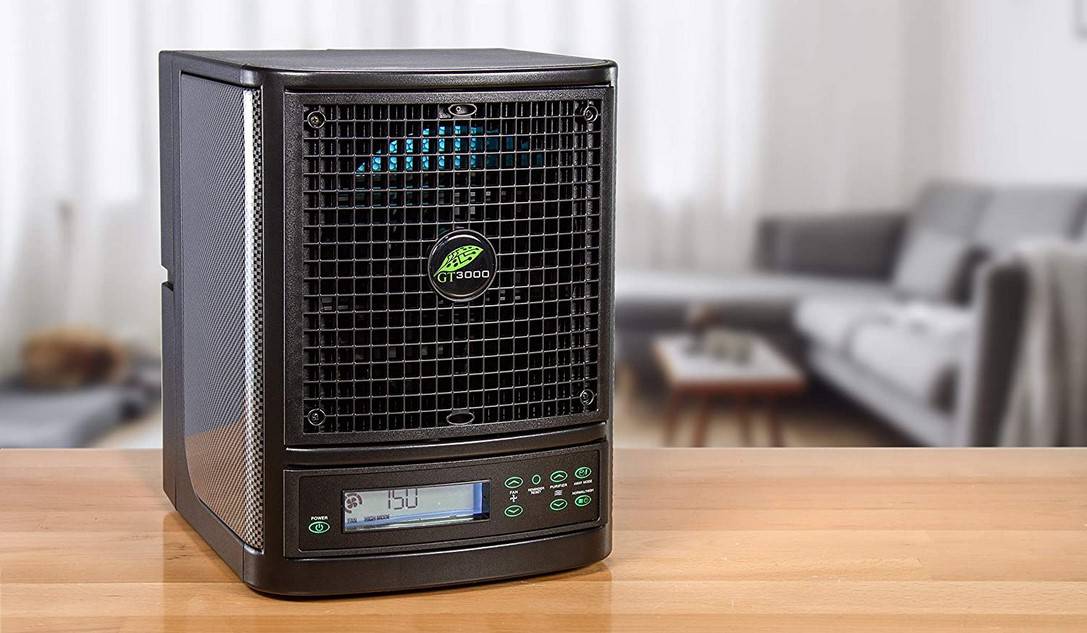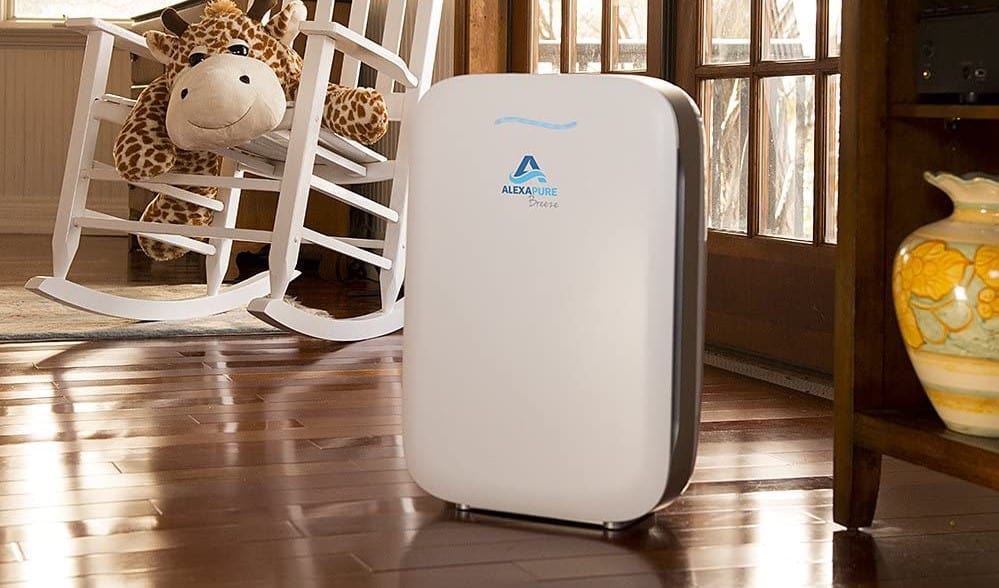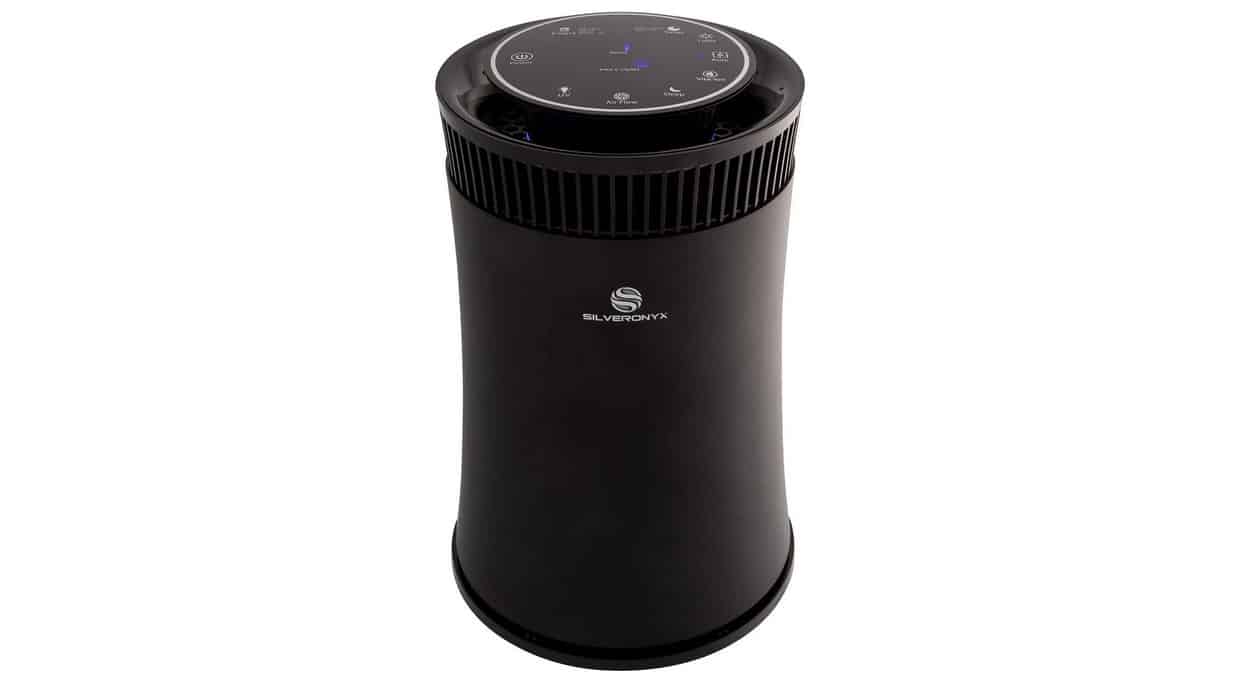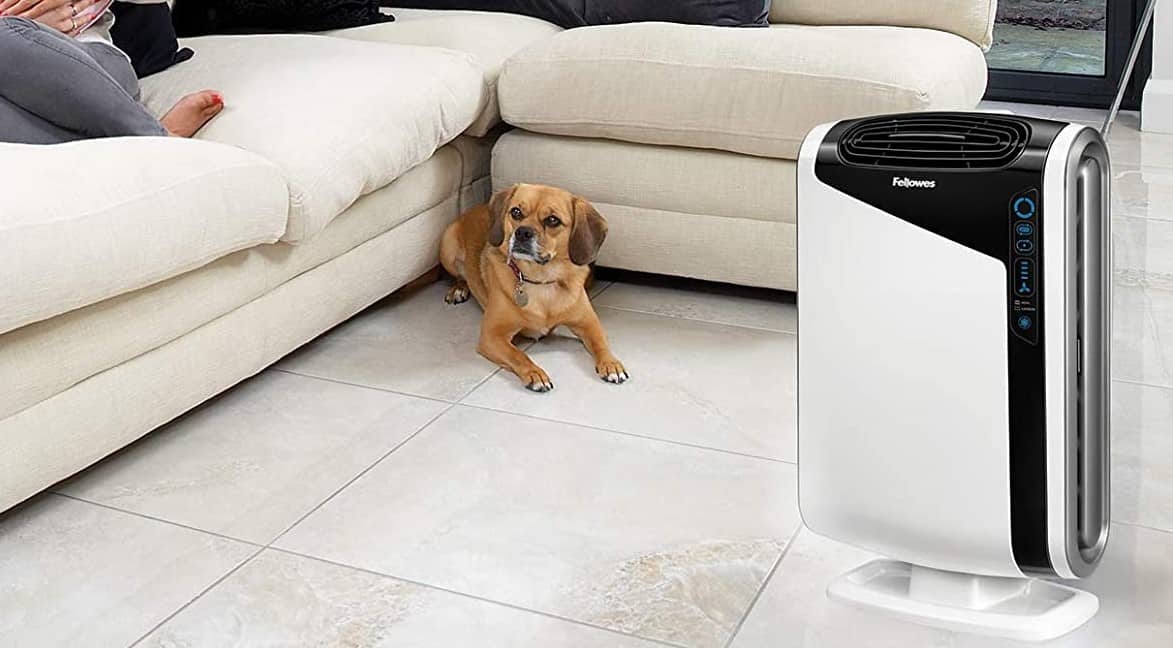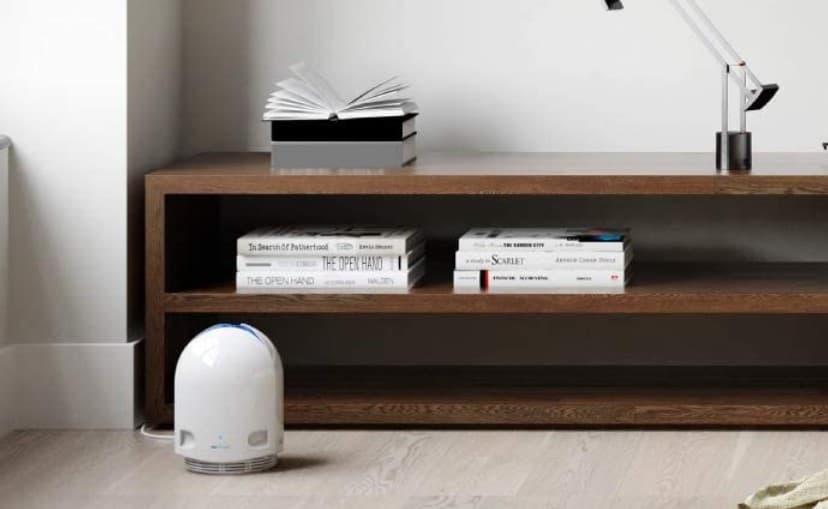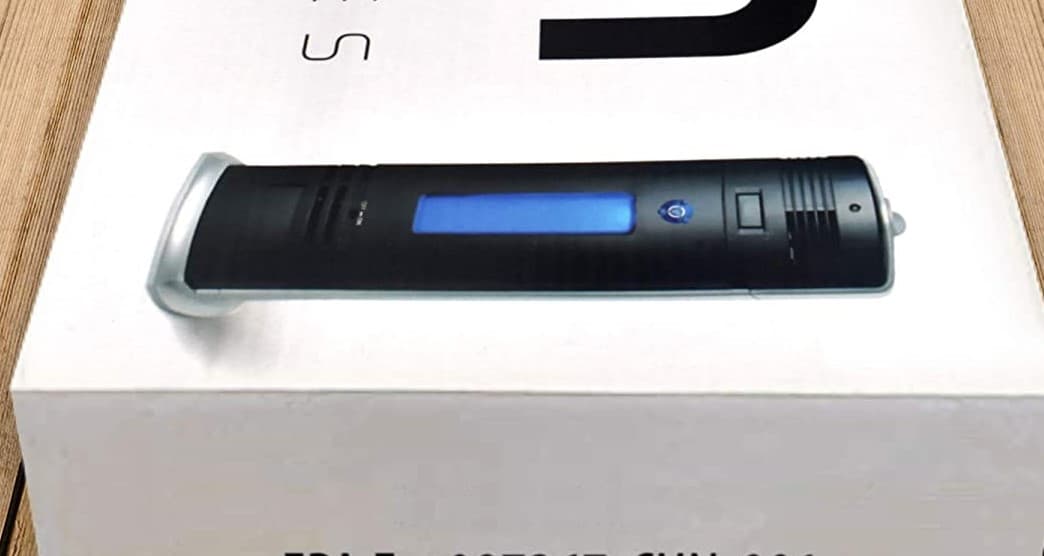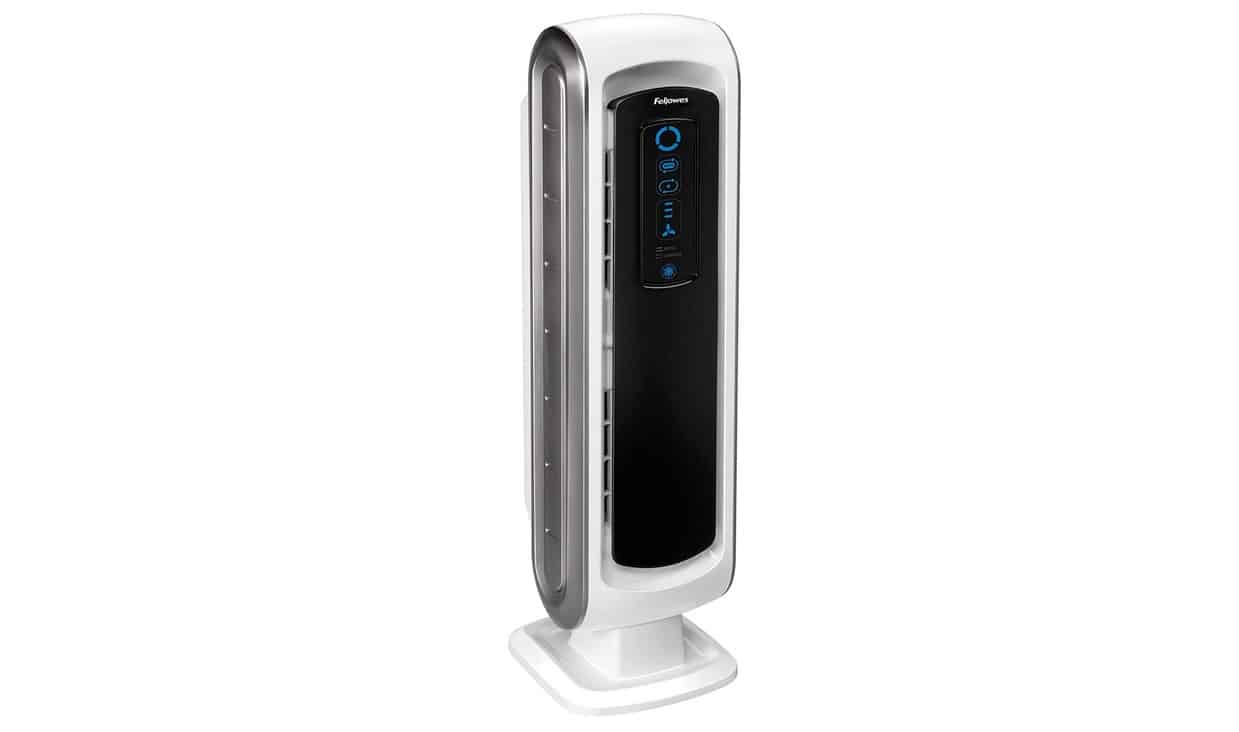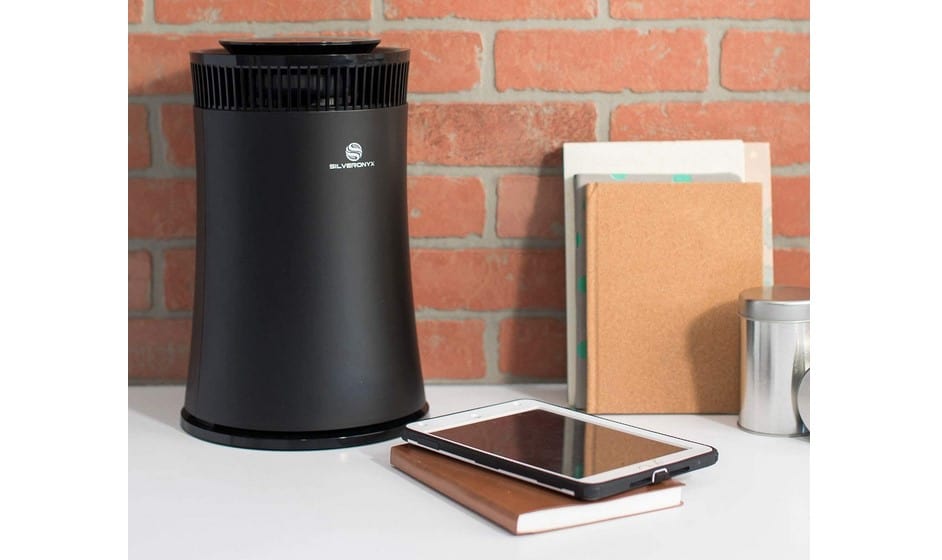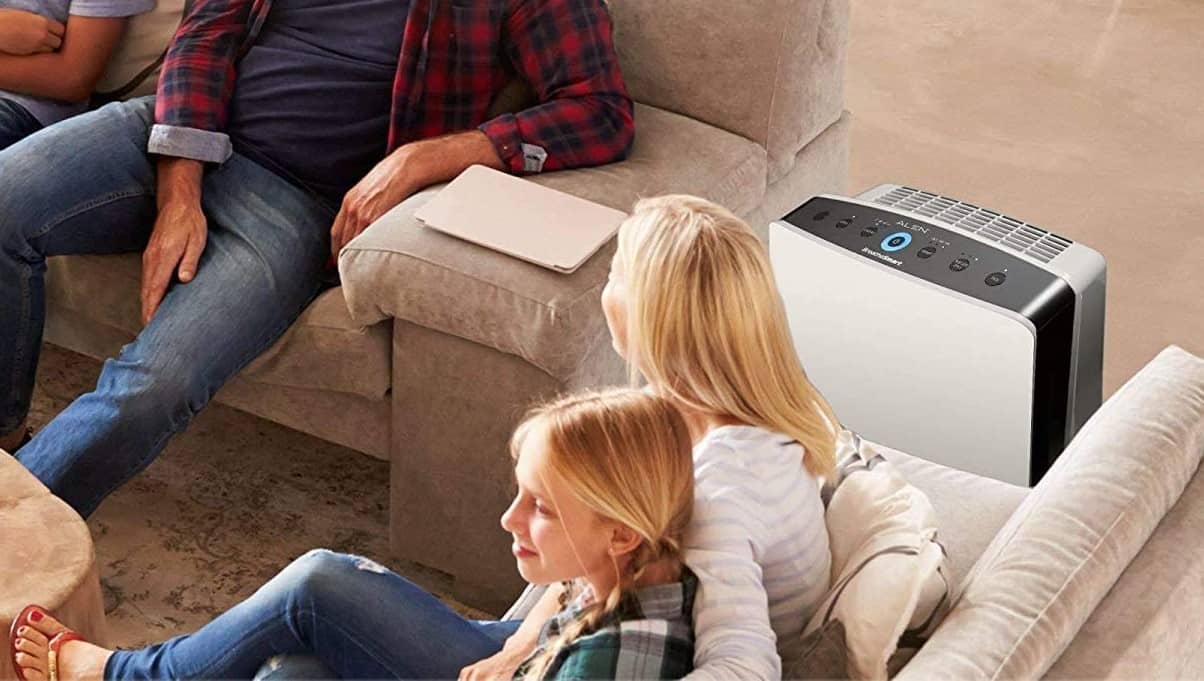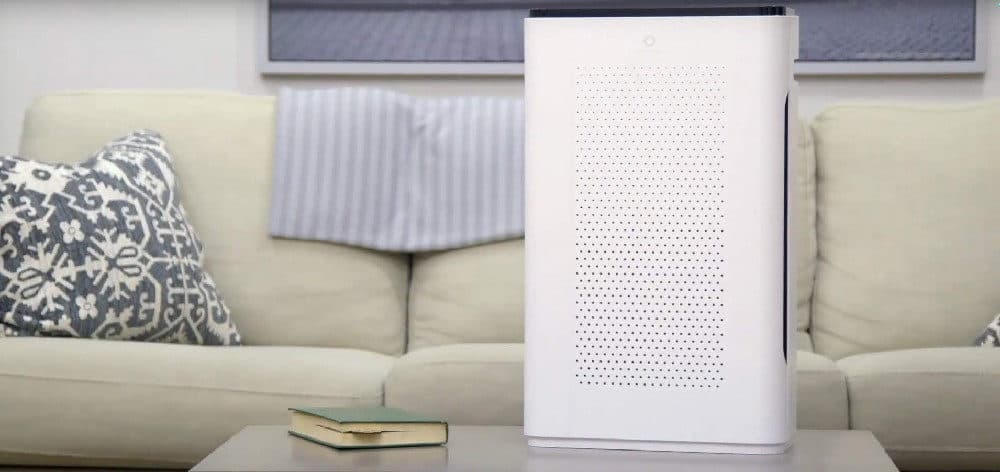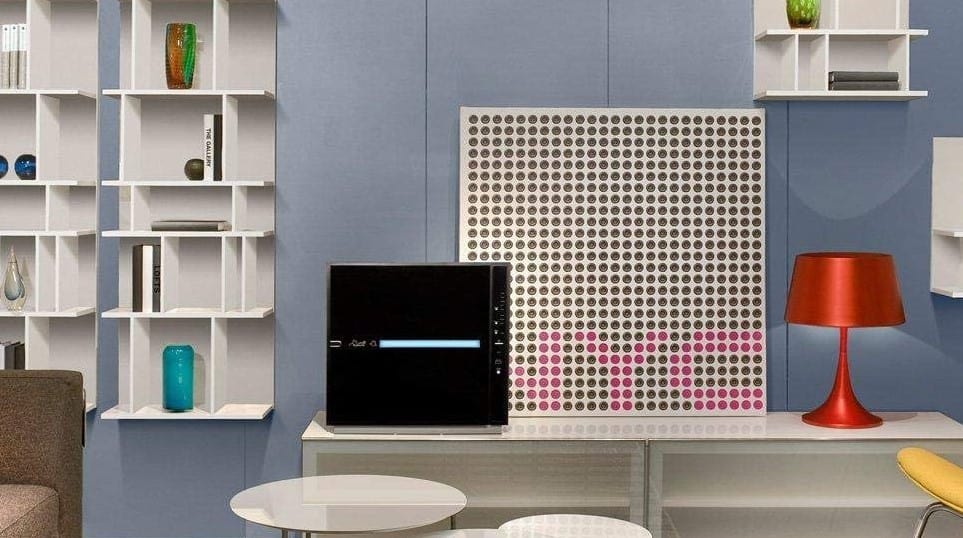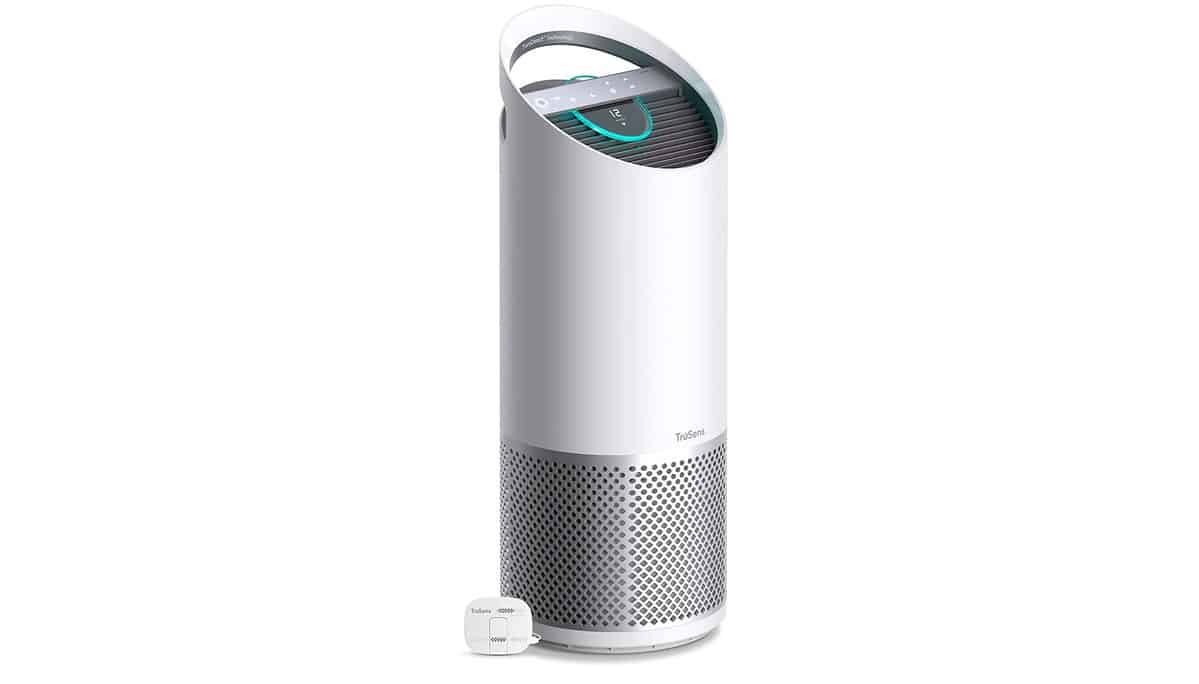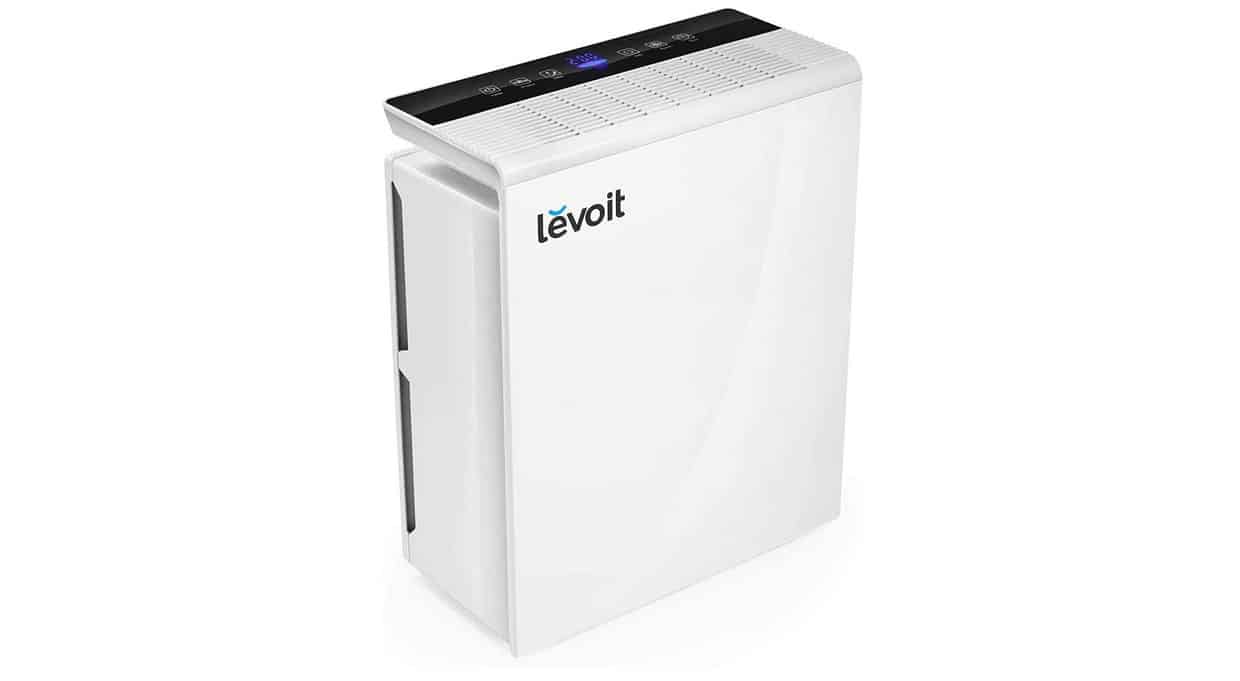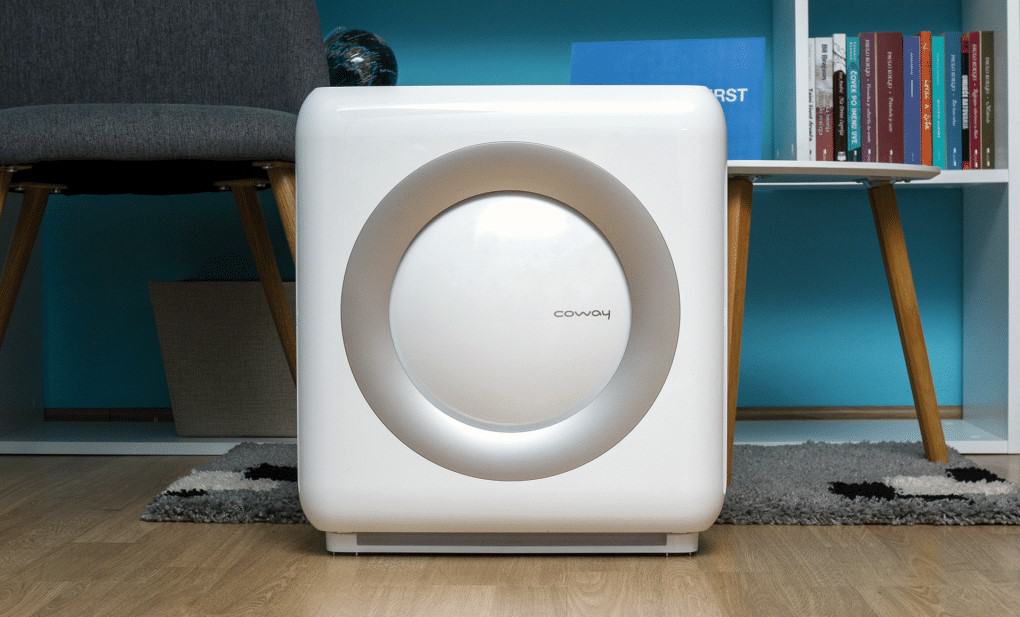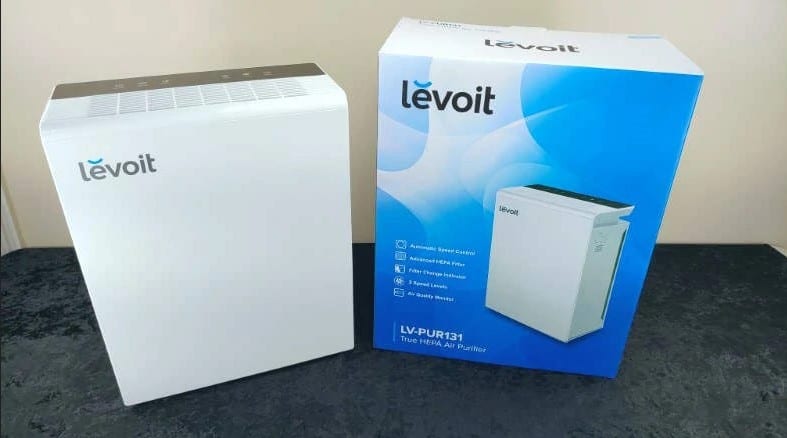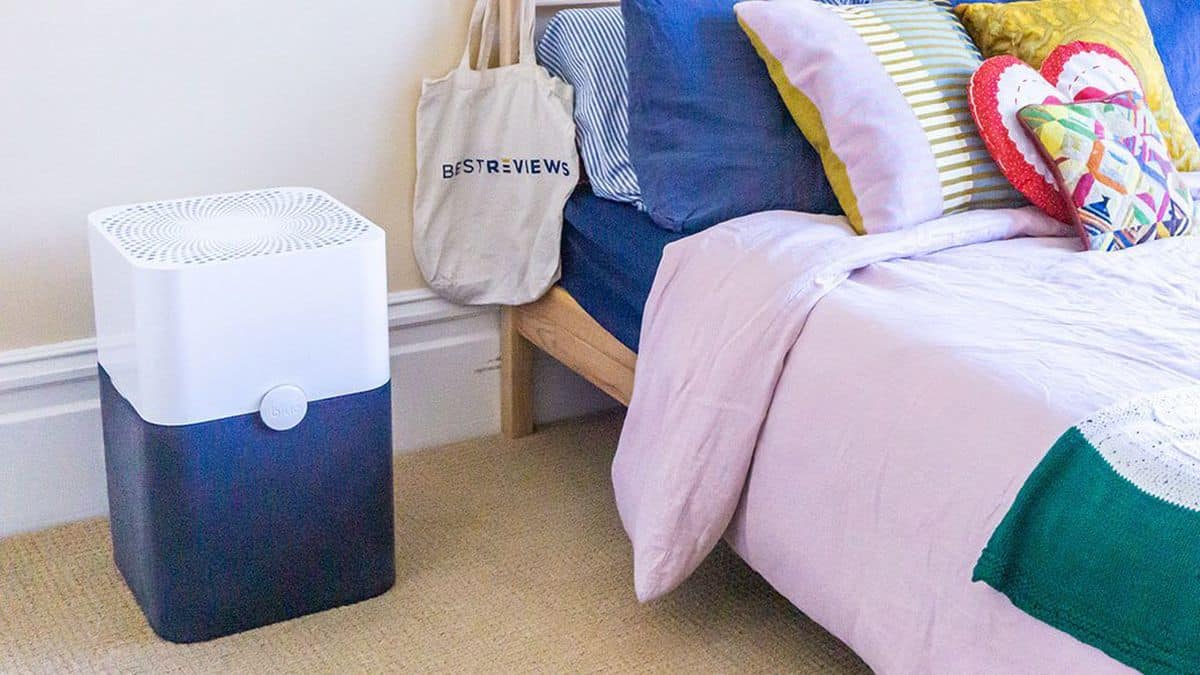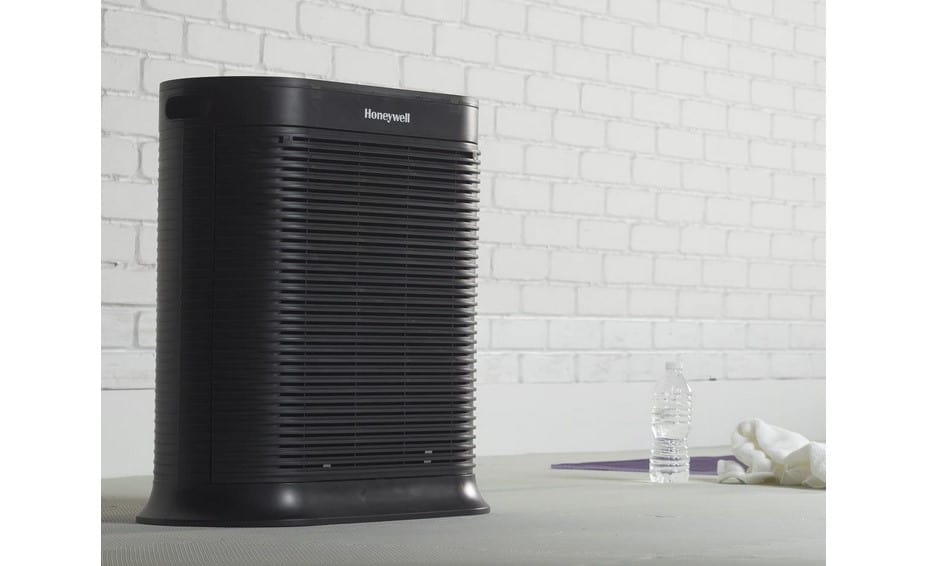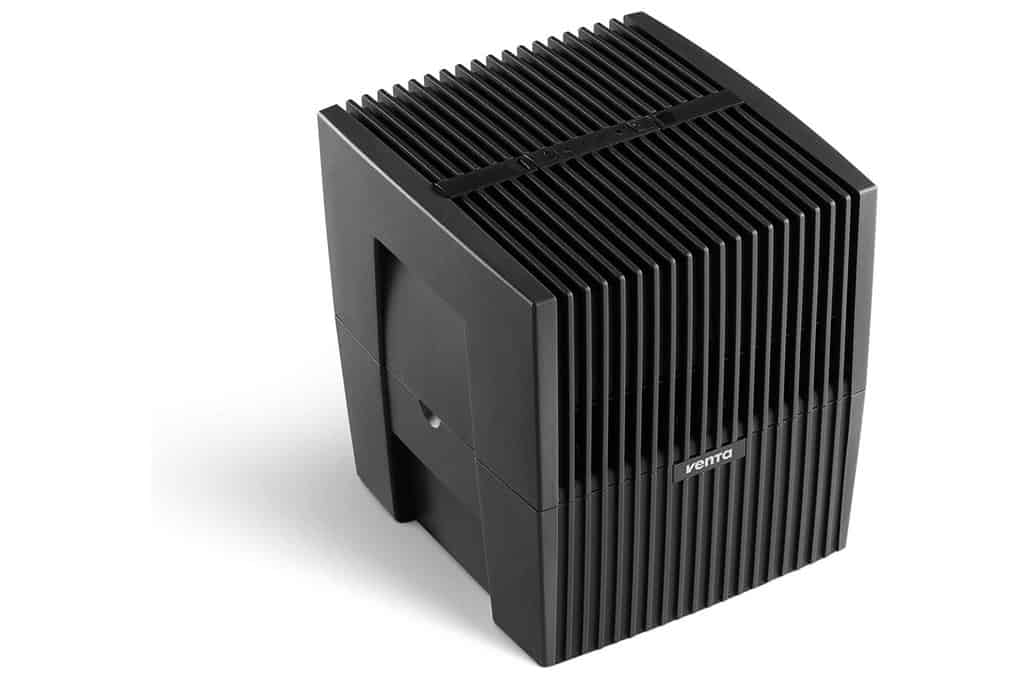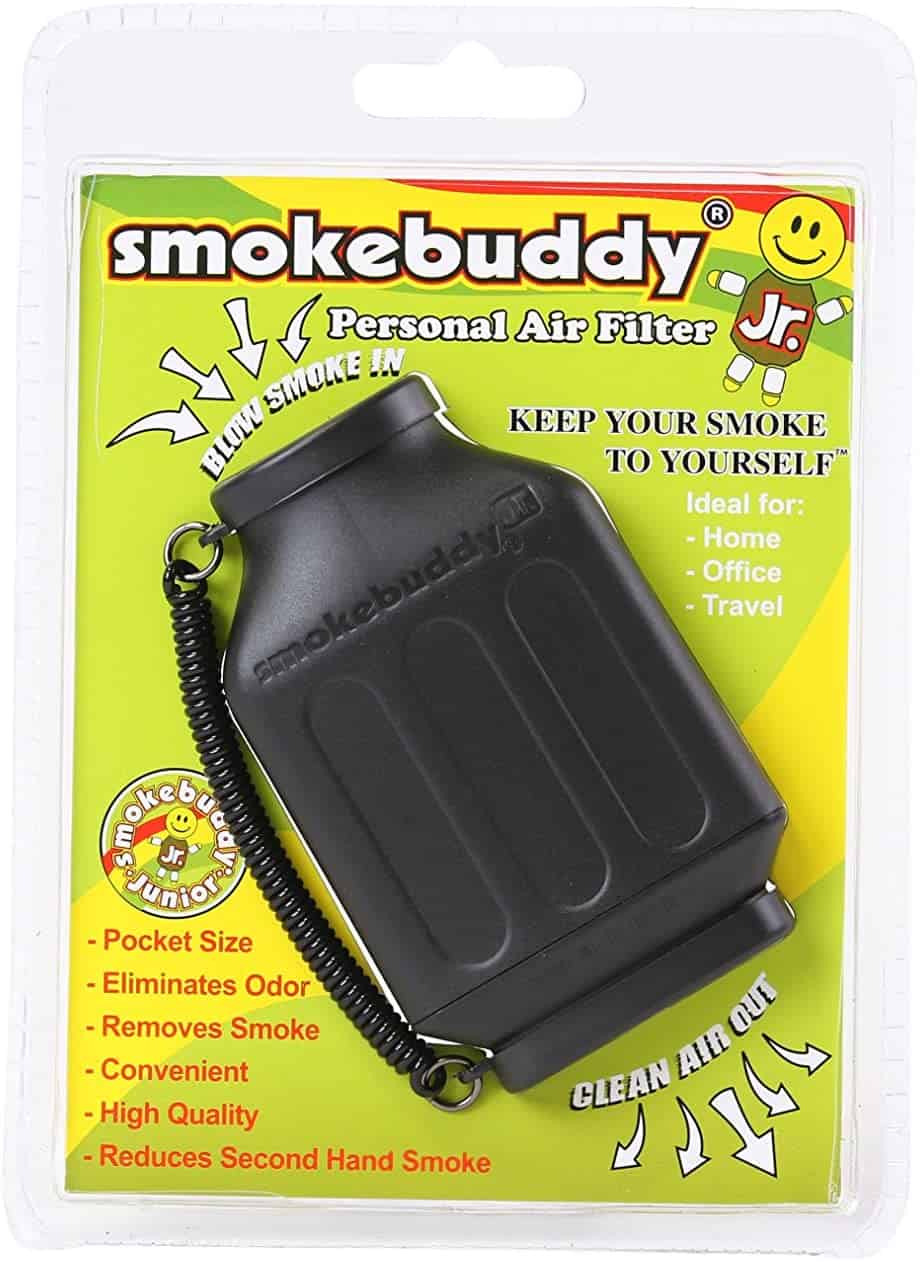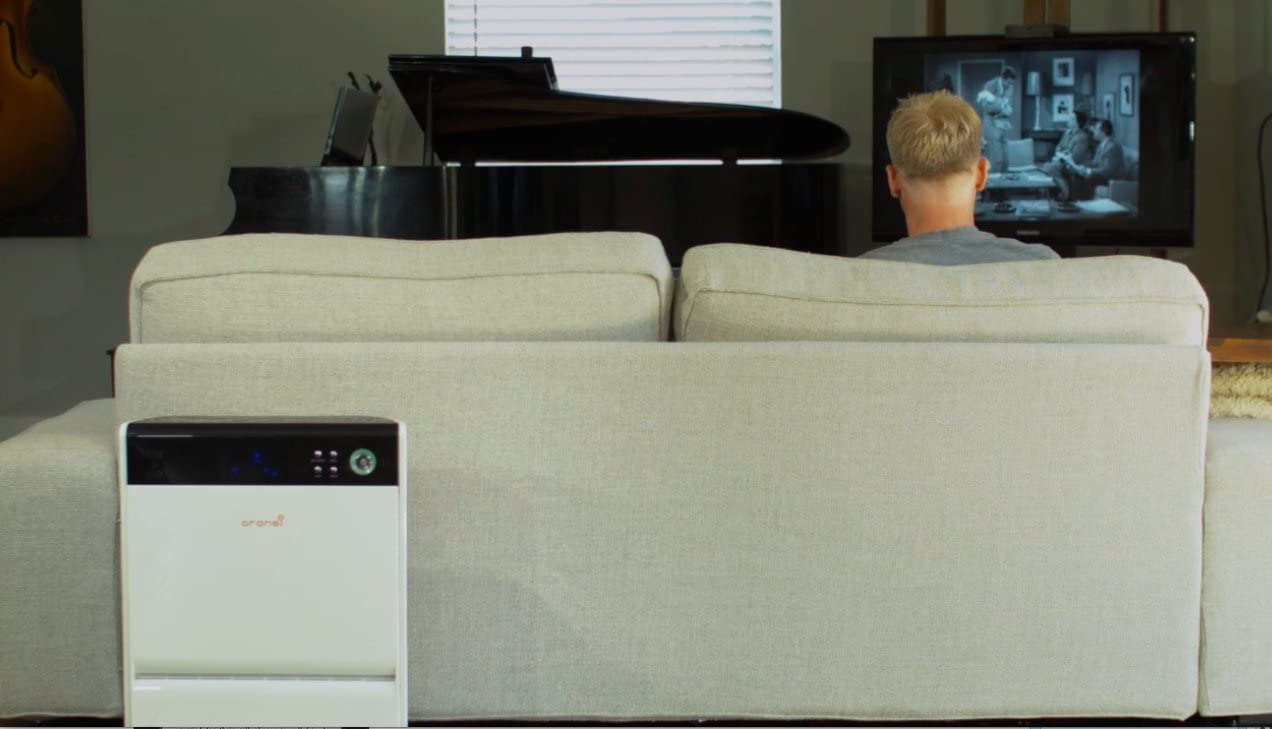Figuring out how a plasma air purifier vs HEPA filter compares can be tricky. This is especially true because there are endless options out there, all claiming to be the best air purifier for you. With so many options, understanding which one is best suited to your lifestyle can be difficult.
KEY TAKEAWAYS:
- Plasma air purifiers are installed directly into your air conditioning unit to provide lifelong support in filtering out airborne pollutants.
- HEPA filters are fantastic for mild allergy symptoms, relieving asthma, and filtering airborne contaminants.
- The only thing that matters is choosing the type of air purifier best suited to your lifestyle, budget, and health concerns.
Comparing Plasma Air Purifiers and HEPA Filters
Comparing a plasma air purifier vs a HEPA filter takes a little time. Luckily, we’ve done most of the work for you. There are many health benefits associated with having an air purifier of any type in your household. Once you start digging into the different styles available, things can get complicated. For a deeper exploration into filter types, read our article on a PCO air filter vs a HEPA filter.
Insider Tip
Pairing a plasma air purifier with a more extensive system can help you filter out far more airborne pollutants from your environment.
Explaining Plasma Air Purification
Plasma purifiers are a lesser-known but still highly effective form of air cleaning technologies. The level of air cleaning they provide is on par with other add-on systems. They are also energy-efficient and budget-friendly for just about any household.
How do Plasma Air Purifiers work?
Plasma air purifiers specialize in capturing the small percentage of particles other purification systems might have missed, and this includes units with HEPA filters and allergen filters. They do this using both a positive and a negative electrical charge. The science is a bit more complicated than that, but you don’t necessarily need the specifics. We have a great article on PM2 5 vs HEPA filter options if you’re still curious about different filter types.
Are Plasma Air Purification Systems Effective?
While not as effective as a HEPA filter, plasma purification is still effective in its own right. The best part about them is that they’re budget-friendly and easy for anybody to invest in. They also have some of the top-rated air purifiers for allergies and dust.
Explaining HEPA Filter Air Purifiers
A HEPA air purifier is known for having excellent filtration efficiency. The HEPA filter is currently backed by federal agencies like the Department of Energy. This is because of its unbelievable ability to remove harmful pollutants from the air in your home.
How does a HEPA-Type Filter Work?
Although not too far removed, a HEPA filter is different from a traditional filter. HEPA filters airborne particles through a thick bunch of pleats to remove as many harmful particles as possible. Even larger particles like pet dander are kept well under control.
Is a HEPA Filter Air Purifier Effective?
A HEPA air purifier is one of the best defenses you have against airborne particles like pet dander. They improve air quality tremendously and kill unwanted organic compounds in the air. There are a wide variety of health benefits that come with using a HEPA filter product.
Warning
Even low levels of ozone can be hazardous to human health, and you should avoid ozone generators at all costs.
F.A.Q.
What do I need to know about air purifiers and the COVID-19 pandemic?
The presence of adequate ventilation systems can significantly lower COVID-19 transmission. However, it is essential to note that those ventilation systems cannot prevent COVID-19 transmission altogether. Air purifiers have been crucial during the coronavirus pandemic.
Should I take precautions against the Covid-19 pandemic even in ventilated areas?
The COVID-19 pandemic is still very much ongoing, so you should take as many precautions as you can. Even if a public space seems to have excellent ventilation systems, remain six feet apart and wear a face covering.
How do ionic air purifiers work?
Ionic air purifiers work by emitting a negative charge. This is done by releasing ions into the air that flows through the purification system. This process might cause harmful ozone to be released, however. Ionic air purifiers might increase indoor air pollution by acting as ozone generators.
What should I consider about air purifiers before buying one?
Different types of air purifiers were made for different lifestyles and budgets. You’ll want to figure out what respiratory conditions you have that might influence your decision. Then, consider what environmental health risks you want to pinpoint. Filtration efficiency, air exchanges per hour, and energy consumption are all things to consider.
STAT: A recent study suggests that HEPA filters can lose a quarter of their efficiency in the space of 6 months. (source)
REFERENCES:
- https://cmsifyassets-1290.kxcdn.com/pla-production/uploads/asset/818/attachment/PlasmaPURE_Brochure_for_Homeowners.pdf
- https://greeind.com/wp-content/uploads/2018/02/Air-purifier-Catalogue.pdf
- https://en.wikipedia.org/wiki/Plasma_cleaningr
- https://en.wikipedia.org/wiki/Air_purifier
- https://www.wikihow.com/Clean-Your-Air-Filter

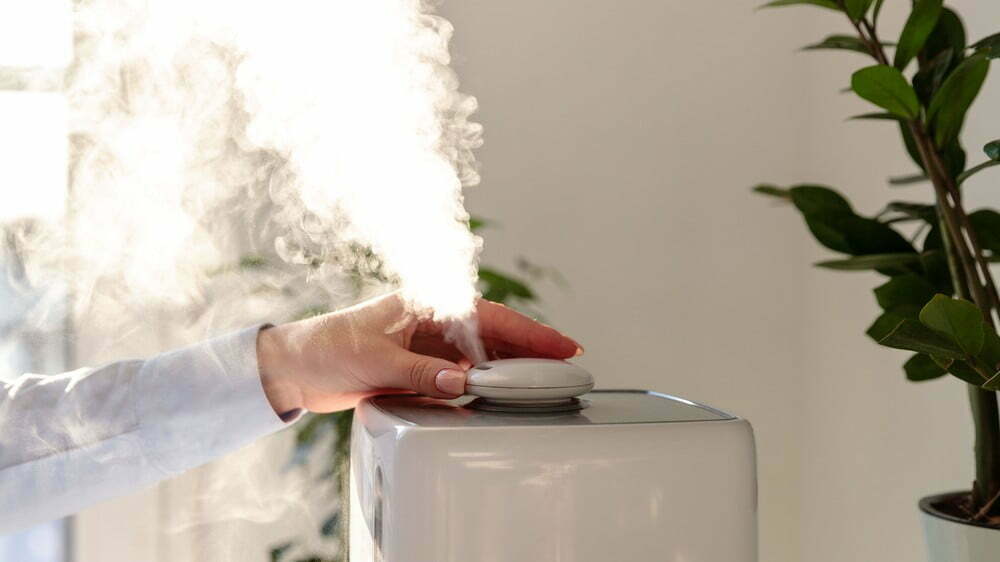













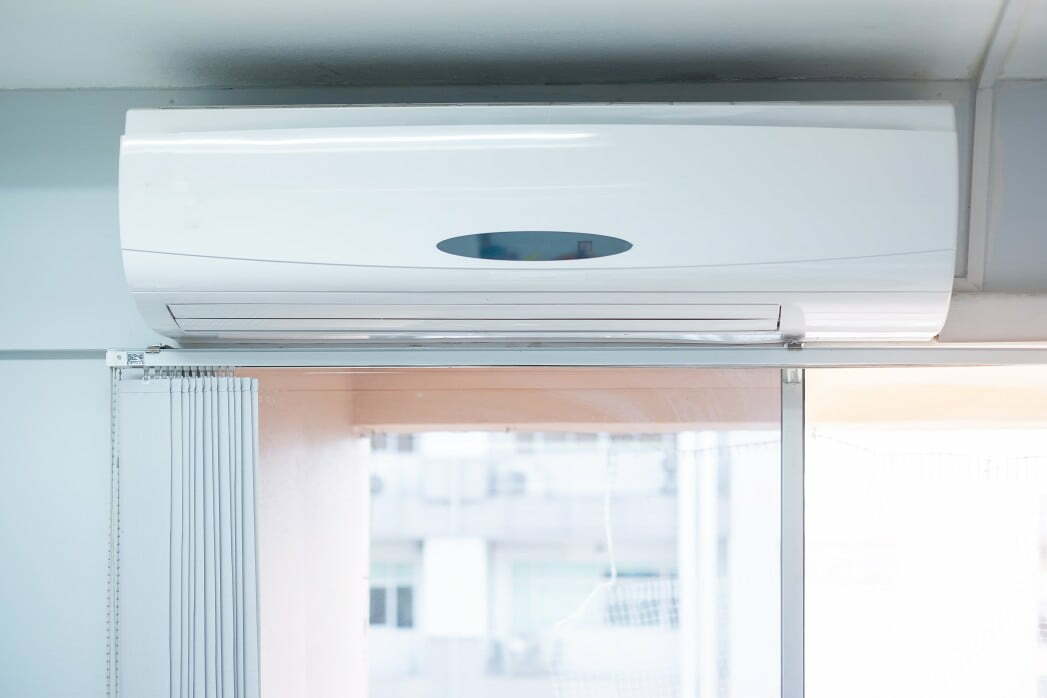

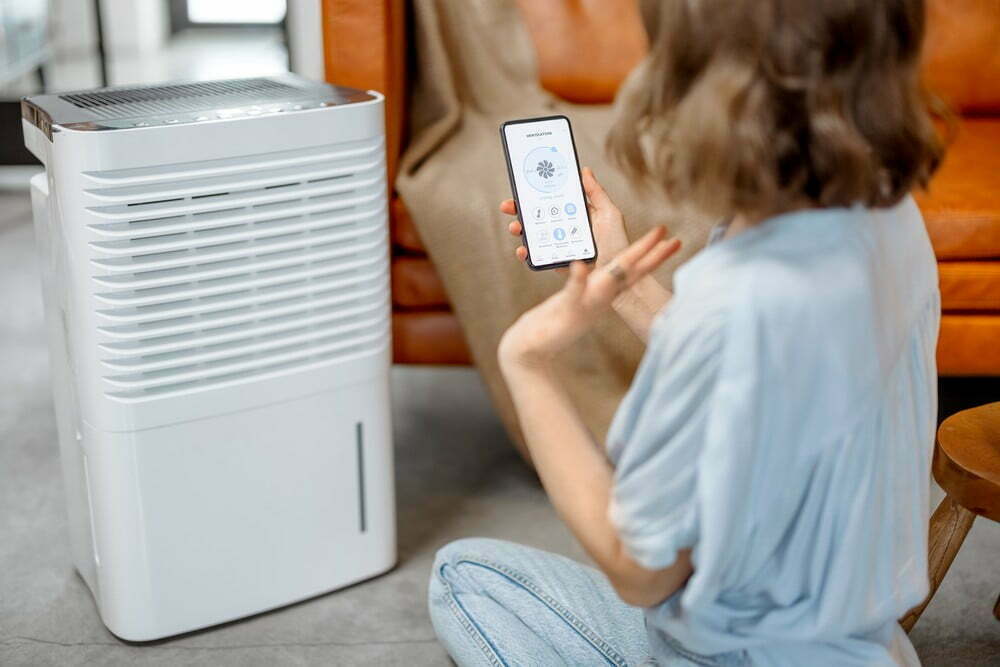
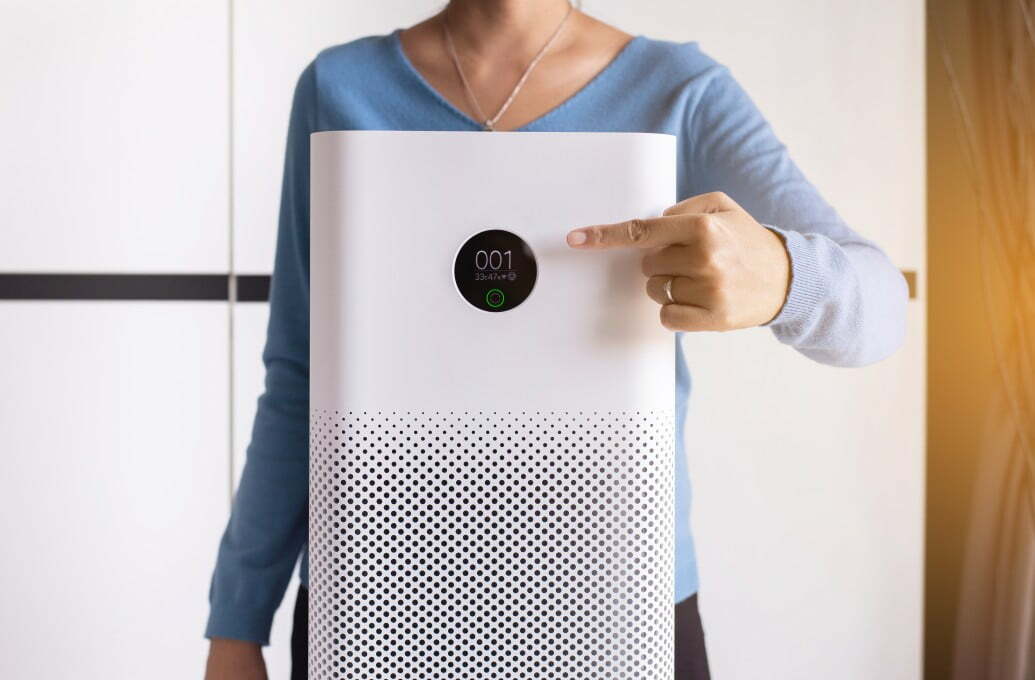
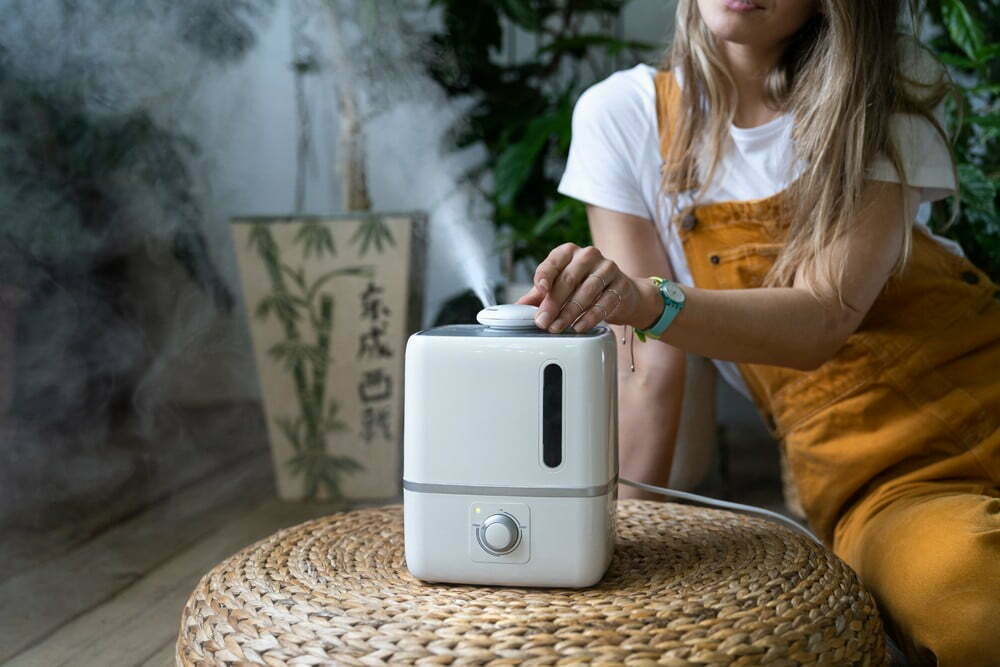


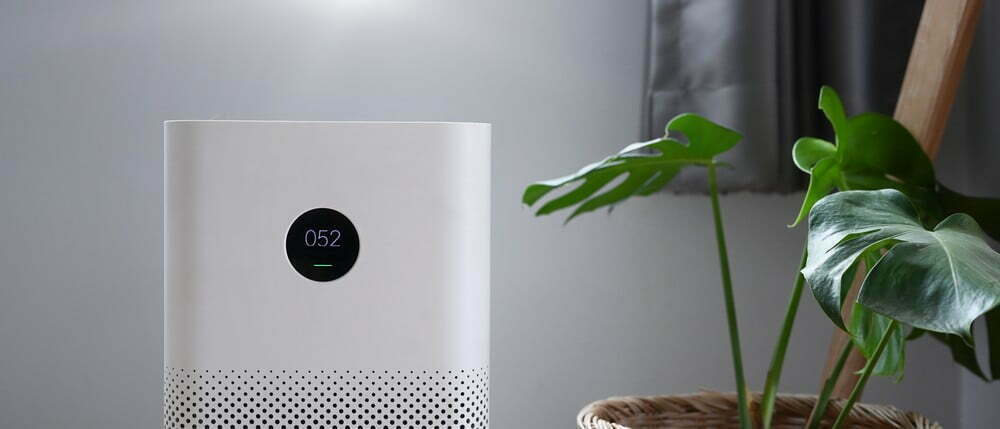
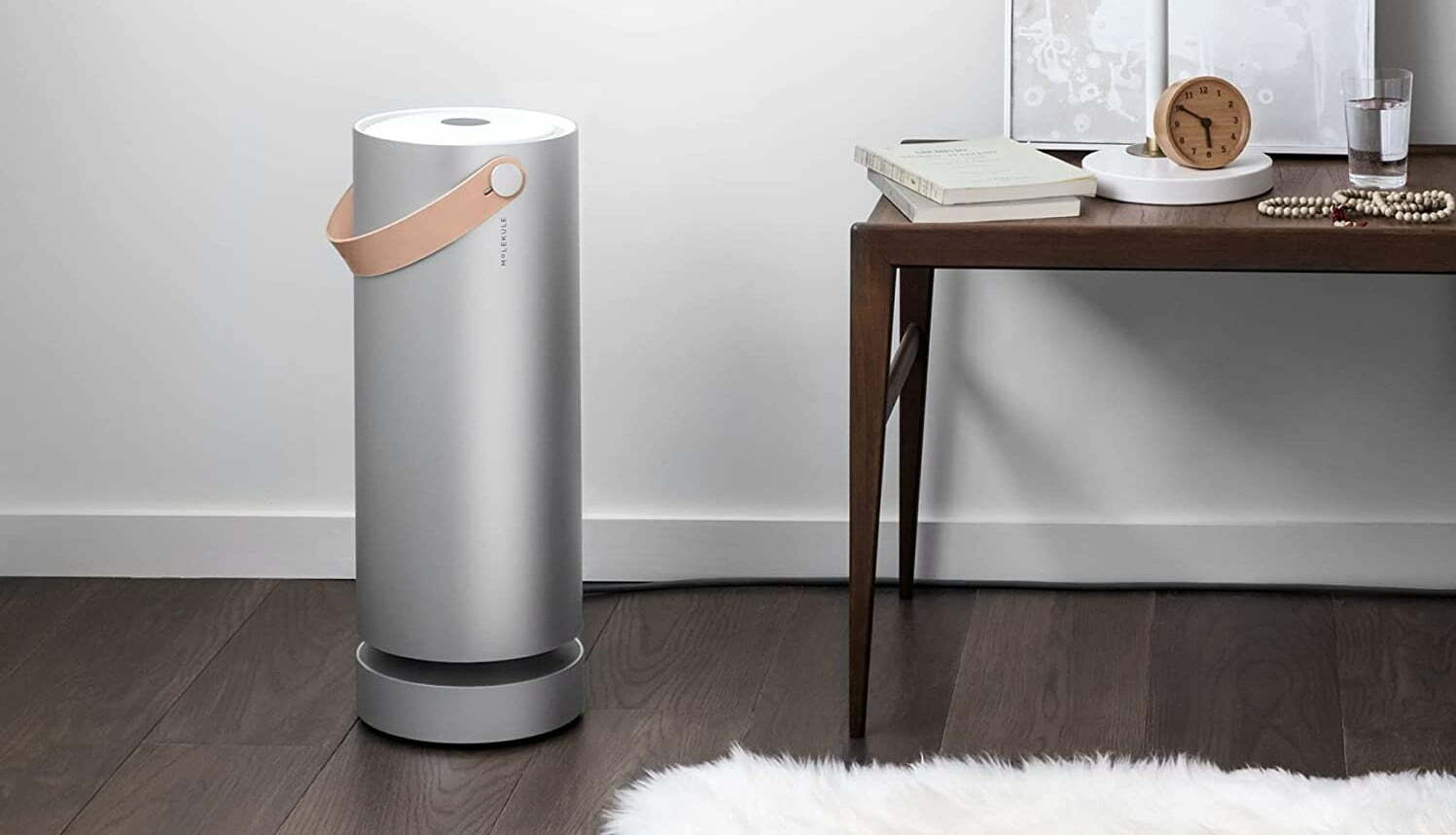
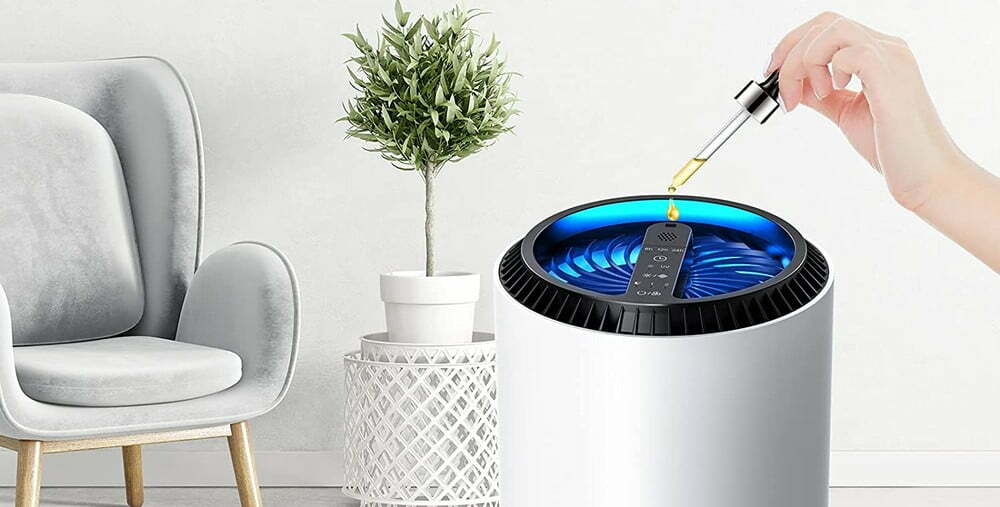
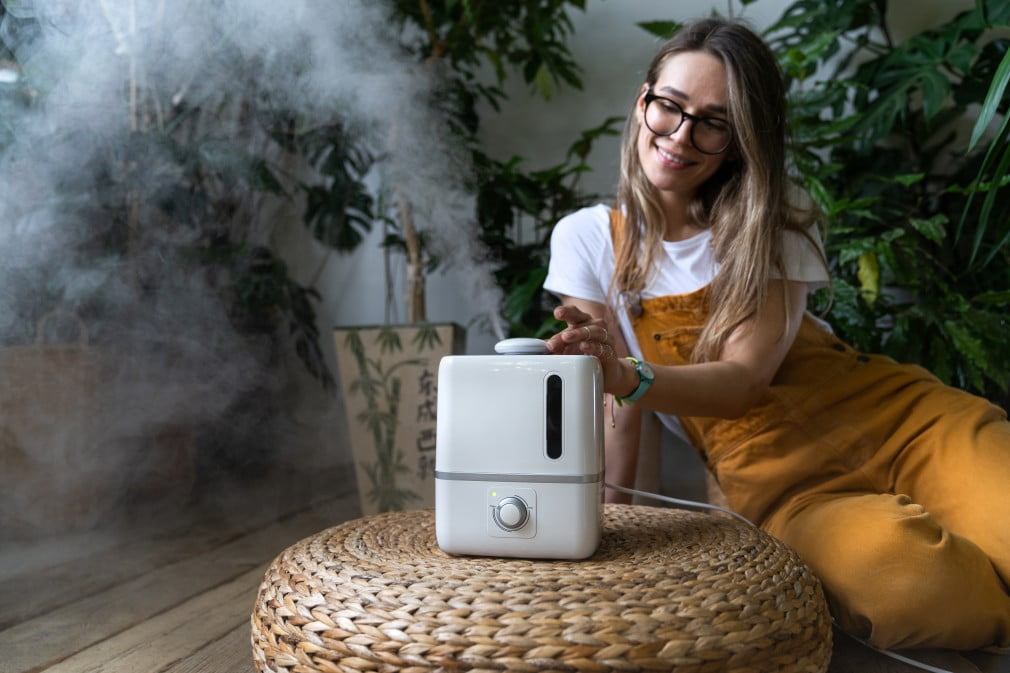
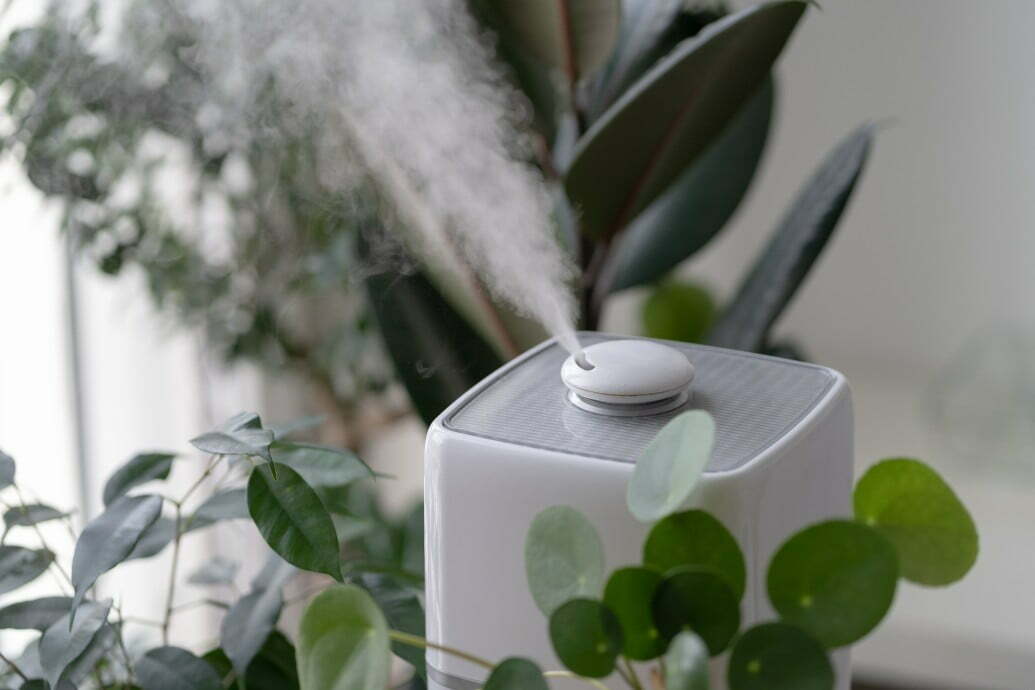
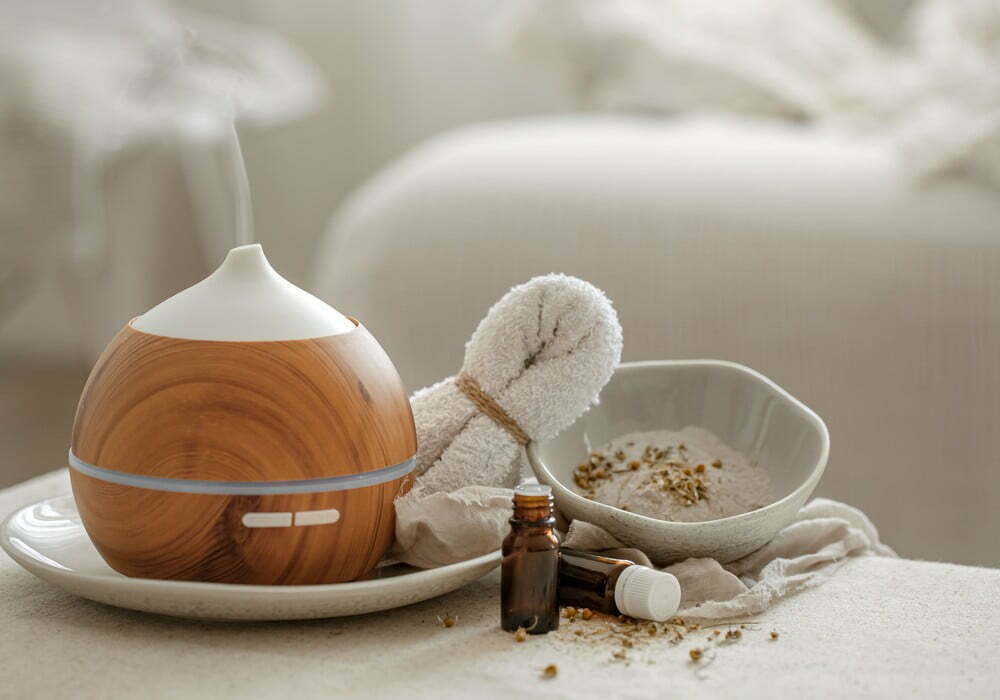
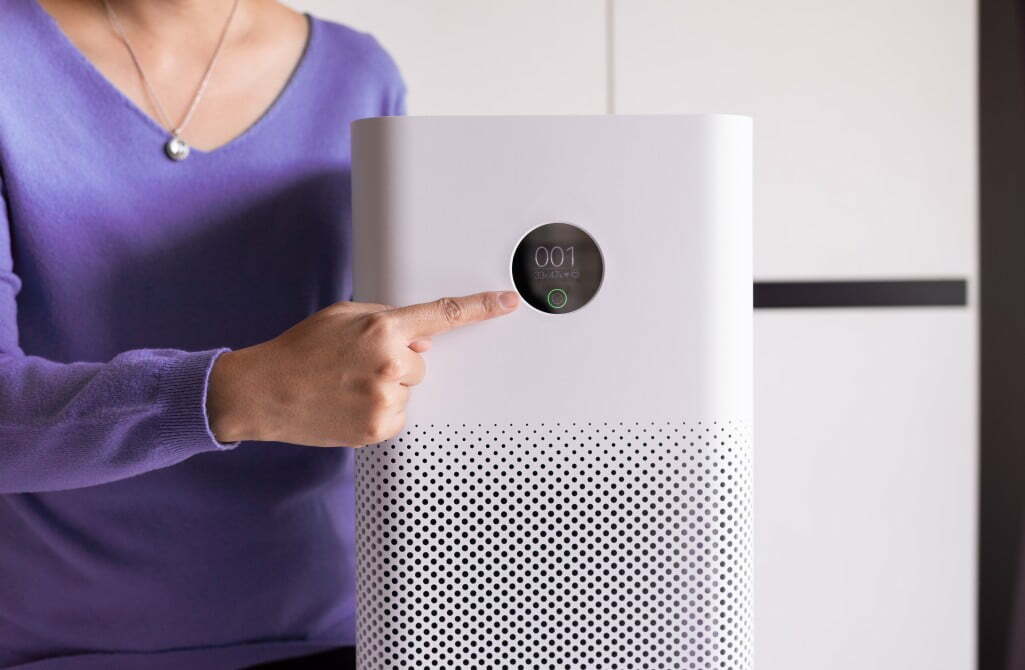
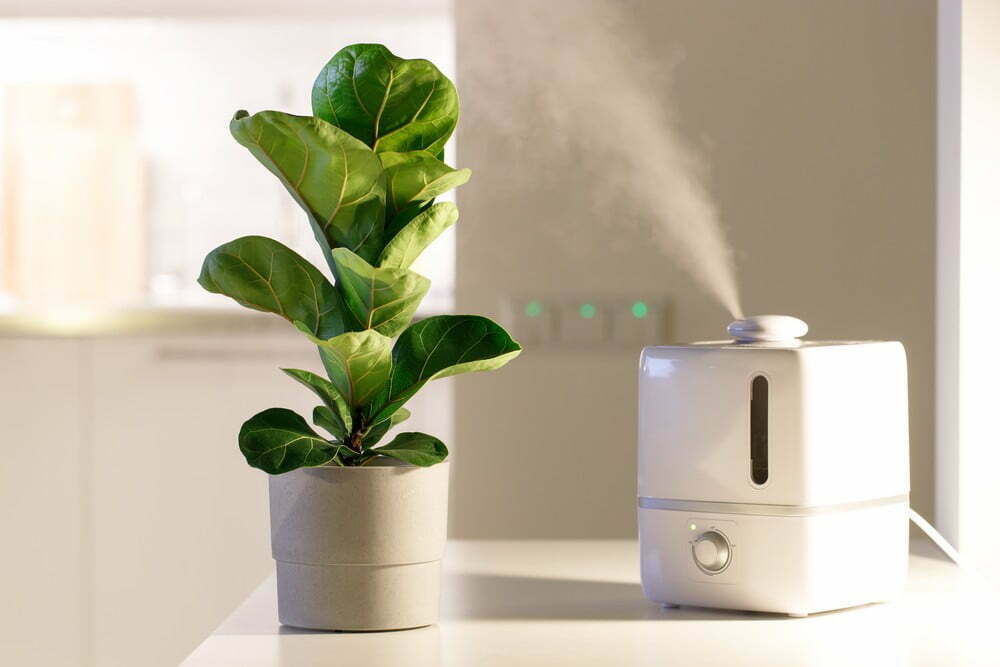
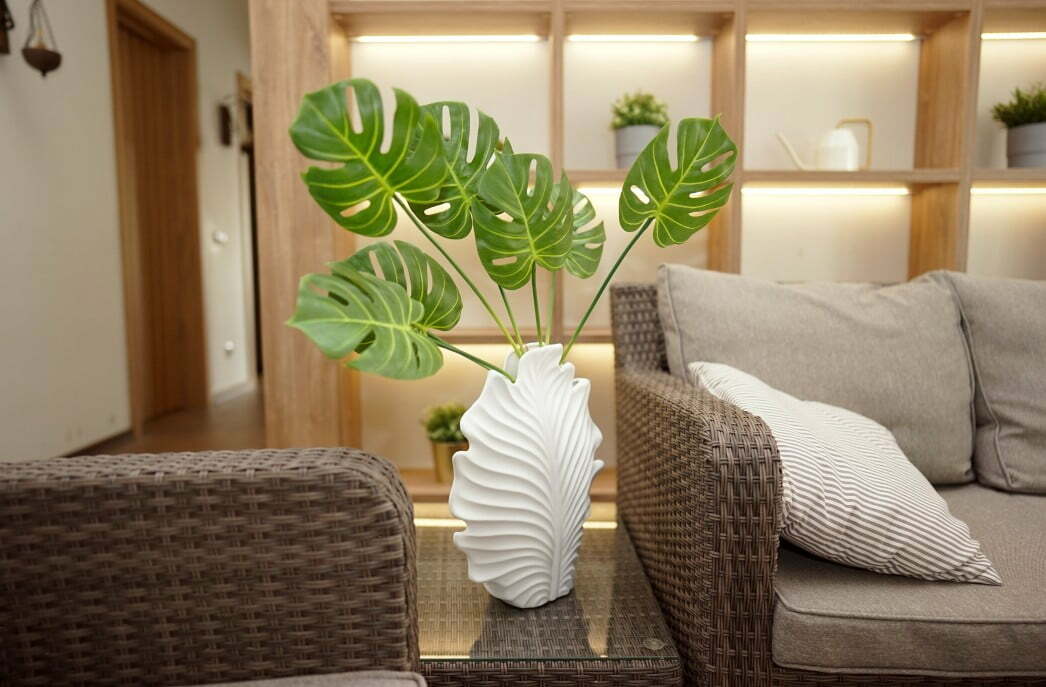
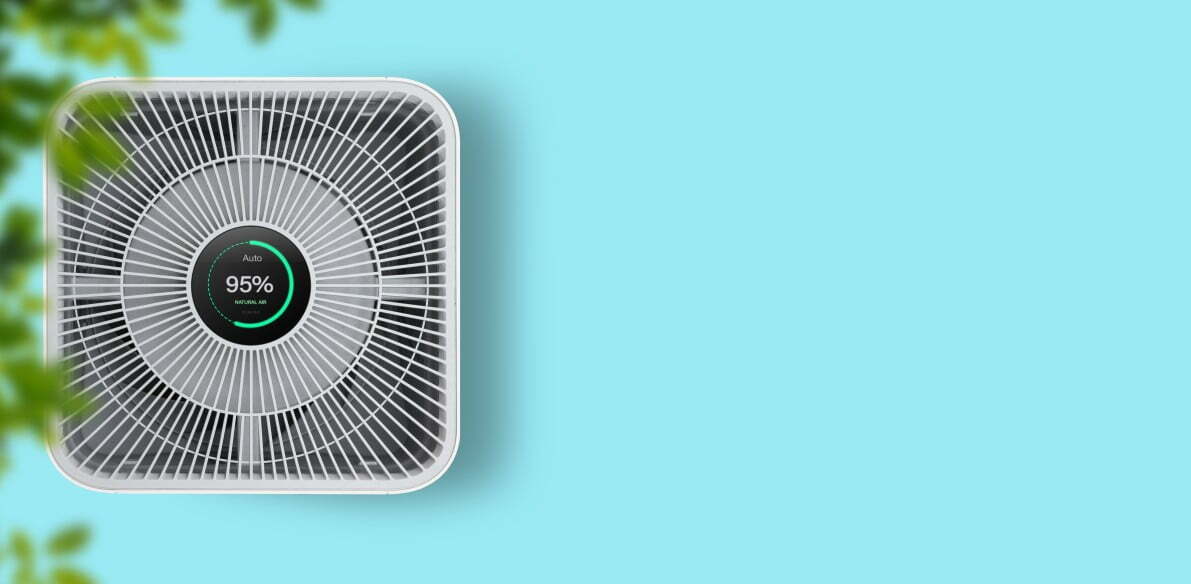
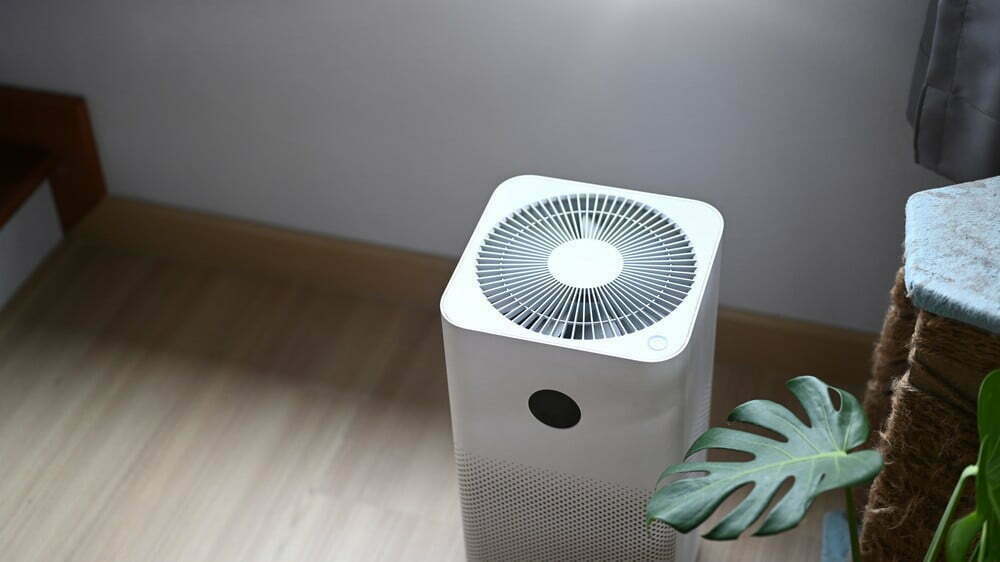
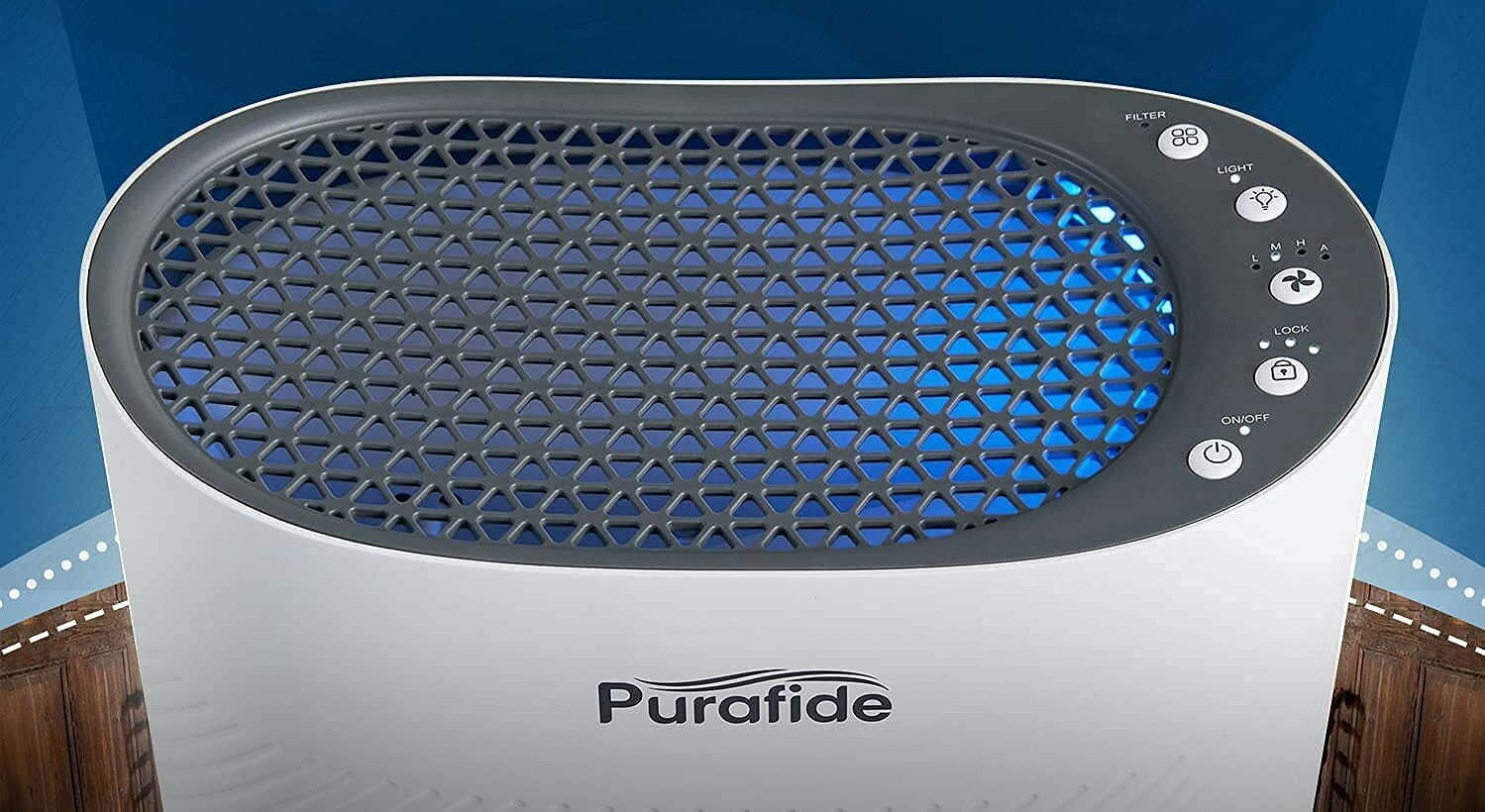
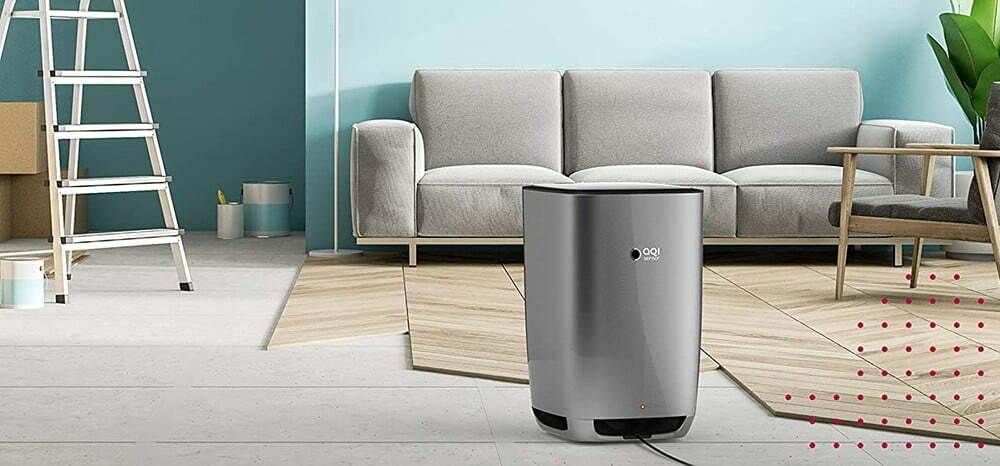
![Best Air Purifiers for VOCs and Formaldehyde in [year] 27 Best Air Purifiers for VOCs and Formaldehyde in 2026](https://www.gadgetreview.dev/wp-content/uploads/best-air-purifier-for-vocs-and-formaldehyde-image.jpg)
![Best Air Purifier in [year] ([month] Reviews) 28 Best Air Purifier in 2026 (February Reviews)](https://www.gadgetreview.dev/wp-content/uploads/Honeywell-True-HEPA-Allergen-Remover-HPA300-e1475603569442.jpg)
![Best Air Purifiers for Dust in [year] 29 Best Air Purifiers for Dust in 2026](https://www.gadgetreview.dev/wp-content/uploads/best-air-purifier-for-dust-image.jpg)
![Best Honeywell Air Purifiers in [year] 30 Best Honeywell Air Purifiers in 2026](https://www.gadgetreview.dev/wp-content/uploads/best-honeywell-air-purifier-image.jpg)
![Best Germicidal Air Purifiers in [year] 31 Best Germicidal Air Purifiers in 2026](https://www.gadgetreview.dev/wp-content/uploads/best-germicidal-air-purifier-image.jpg)
![Best Filterless Air Purifiers in [year] 32 Best Filterless Air Purifiers in 2026](https://www.gadgetreview.dev/wp-content/uploads/best-filterless-air-purifier-image.jpg)
![Best Levoit Air Purifiers in [year] 33 Best Levoit Air Purifiers in 2026](https://www.gadgetreview.dev/wp-content/uploads/best-levoit-air-purifier-image.jpg)
![Best Air Purifiers for Smoking Weed in [year] 34 Best Air Purifiers for Smoking Weed in 2026](https://www.gadgetreview.dev/wp-content/uploads/best-air-purifier-for-smoking-weed-image.jpg)
![Best Quiet Air Purifiers in [year] 35 Best Quiet Air Purifiers in 2026](https://www.gadgetreview.dev/wp-content/uploads/best-quiet-air-purifier-image.jpg)
![Best Desktop Air Purifiers in [year] 36 Best Desktop Air Purifiers in 2026](https://www.gadgetreview.dev/wp-content/uploads/best-desktop-air-purifier.jpg)
![Best Dyson Air Purifiers in [year] 37 Best Dyson Air Purifiers in 2026](https://www.gadgetreview.dev/wp-content/uploads/best-dyson-air-purifier.jpg)
![Best Air Purifiers for Dorm Room in [year] 38 Best Air Purifiers for Dorm Room in 2026](https://www.gadgetreview.dev/wp-content/uploads/air-purifier-for-dorm-room-1.jpg)
![Best Air Purifiers for Office in [year] 39 Best Air Purifiers for Office in 2026](https://www.gadgetreview.dev/wp-content/uploads/best-air-purifier-for-office.jpg)
![Best Air Purifiers for Basement in [year] 40 Best Air Purifiers for Basement in 2026](https://www.gadgetreview.dev/wp-content/uploads/best-air-purifier-for-basement.jpg)
![Best Air Purifiers For Odor in [year] 41 Best Air Purifiers For Odor in 2026](https://www.gadgetreview.dev/wp-content/uploads/best-air-purifier-odor.jpg)
![10 Best Personal Air Purifiers in [year] 42 10 Best Personal Air Purifiers in 2026](https://www.gadgetreview.dev/wp-content/uploads/best-personal-air-purifiers.jpg)
![10 Best Plug In Air Purifiers in [year] 43 10 Best Plug In Air Purifiers in 2026](https://www.gadgetreview.dev/wp-content/uploads/best-plug-in-air-purifier-image.jpg)
![10 Best Whole House Air Purifiers in [year] 44 10 Best Whole House Air Purifiers in 2026](https://www.gadgetreview.dev/wp-content/uploads/best-whole-house-air-purifier-image.jpg)
![10 Best Large Room Air Purifiers in [year] 45 10 Best Large Room Air Purifiers in 2026](https://www.gadgetreview.dev/wp-content/uploads/Coway-Airmega-200M-Large-Room-Air-Purifier-900x900-1.png)
![10 Best UV Air Purifiers in [year] 46 10 Best UV Air Purifiers in 2026](https://www.gadgetreview.dev/wp-content/uploads/best-uv-air-purifier.jpg)
